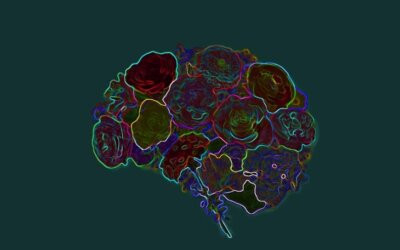We provide individual online therapy through a platform called Jane.
Here’s a list of benefits of online therapy:
-
- You don’t have time to commute
- Transit and parking are expensive
- You face barriers to leaving the house
- You don’t have a driver’s license
- You don’t want to rely on your parents to drive you to appointments
- Public transit is loud, bright and overwhelming
- There is no similar service in your geographic area
- You prefer online relationships
Jane is a confidential cloud-based video and web conferencing platform that complies with Canada’s Personal Health Information Protection Act (PHIPA) and Personal Information Protection and Electronic Documents Act (PIPEDA). The information you share will be completely private and confidential.
Online therapy sessions are similar to in-person sessions. They follow the same trademarked A.C.C.E.P.T. Program, are the same length (50 minutes), and you will be charged the same fee as an in-person visit.
For specific fees, please see the Team member you would like to see or the Group you would like to attend.
What do you need?
All you need is a smartphone or desktop or laptop computer with a webcam. There are no fees for you to use Jane. You will receive an email invitation with a link to join the session.
Connecting
The Dots
Why choose online therapy?
Online therapy has proven to be as effective as in-person therapy. It is also the ideal solution for those with travel barriers.
All you need to attend sessions:
Smartphone or desktop or laptop computer with a webcam



